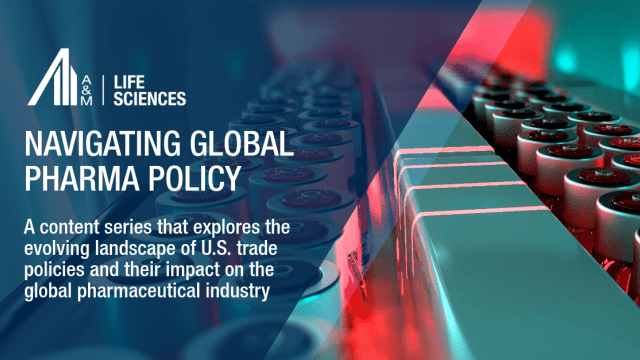August 25, 2025
Next-Generation Antibodies: A New Era in Immuno-Oncology
As the immune checkpoint inhibitor (ICI) market nears a patent cliff, the $50B immuno-oncology (IO) field is now seeking to surpass the limitations of earlier ICIs by enhancing survival outcomes, broadening coverage, and overcoming resistance mechanisms.
Shifting Priorities in Immuno-Oncology
- A series of high-profile Phase 3 trial failures dampened enthusiasm for novel IO targets, prompting a strategic pivot in the field.
- Several IO therapies struggled to demonstrate overall survival (OS) advantages over standard of care therapies, highlighting the inherent challenges in this space.
- As a result, both large-cap pharmaceutical firms (-49%) and private investors (-60%) significantly downgraded IO as a top-three technological priority in 2024, marking a sharp decline from 2023 levels [1].
Bispecifics Take Center Stage
- In the quest for innovation, next-generation antibodies are gaining traction, offering compelling efficacy, strong commercial promise, and lower development risk.
- Bispecific anti-PD(L)1/VEGF antibodies (bsAbs), are attracting growing interest due to their synergistic potential in solid tumor treatment.
- This trend is supported by Phase 3 data, where bsAbs demonstrate a 52% success rate, outperforming the broader oncology average of 44% PTRS [2].
- The global bsAb market is also forecasted to grow from $8.65 billion in 2023 to an estimated $485 billion by 2034 [3].
The Opportunity: A $25B Market in Transition
- A&M projects that anti-PD(L)1/VEGF could reach peak sales of up to $25 billion, largely by replacing legacy ICIs in treatment regimens.
- However, the greatest value will likely go to early entrants and those deploying innovative combinations, such as ADCs, anti-TGFβ agents, or other orthogonal mechanisms of action (MoAs).
Sources:
[1] Lazard Global Biopharmaceutical Leaders Study




